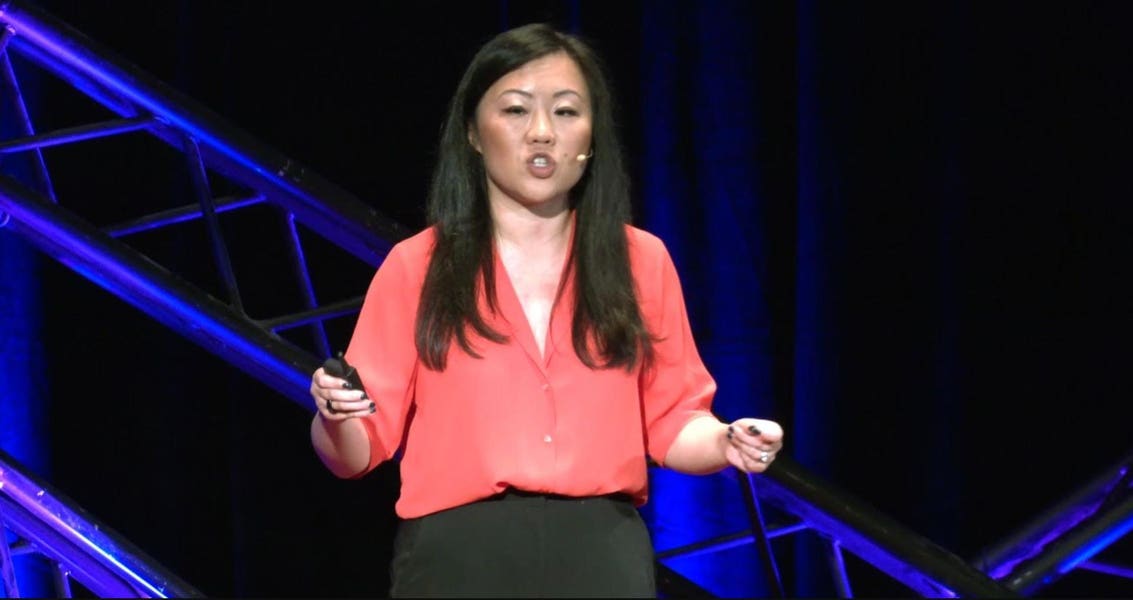I had the honor of delivering a presentation at TEDx on the vast potential of artificial intelligence, emphasizing the importance of responsible development in enhancing productivity, equity, and maintaining our essential humanity. Drawing from a decade of experience in investing in AI startups, I highlighted the transformative impact of this technology on our world. This perspective builds upon my previous TED talk in December 2019, where I delved into the significant possibilities and risks associated with AI.
The following text is a revised version of my recent discourse, offering additional insights and examples to illustrate how AI can revolutionize our planet. It underscores the need for ongoing discussions among technicians, policymakers, and the general public to harness AI’s role in advancing our society. I am grateful for the opportunity to contribute to this crucial dialogue.
In 2023, many of us experienced a paradigm shift in our understanding of AI as a systemic force. The rapid progress in AI technology has sparked debates on its implications for business, culture, and self-awareness, prompting profound reflections on its implications.
Over the past decade, my involvement in AI investments has allowed me to engage with industry leaders and experts at the forefront of this evolving landscape. Through numerous conversations and product demonstrations, I have firmly concluded that AI’s future is promising and enriching, rather than solely imposing existential threats on humanity.
Throughout history, we have developed systems that augment our capabilities—the wheel extends our mobility, television enhances our senses, and computers amplify our cognition. Our interaction with AI follows this trajectory of expansion. Instead of a dichotomy between “us” and “them,” AI presents a symbiotic solution for societal advancement. Far from being a threat, AI holds the potential to foster a more efficient, fair, and compassionate future. Let me elaborate on this vision.
Enhanced Productivity
If we were to transport ourselves back to 1900, the notion of most jobs disappearing by 2023 would have seemed plausible. However, the reality today paints a different picture—there are more jobs offering higher wages than ever before, many of which were unimaginable seven decades ago. This phenomenon can be attributed to the Jevons Paradox in economics, where increased supply leads to heightened demand. Just as the advent of gas engines did not diminish coal usage but rather expanded its applications, AI’s proliferation will create new opportunities and job roles, rather than merely automating existing tasks.
AI functions as an augmentation of our collective knowledge pool, necessitating the creation of roles that leverage intelligence. Instead of simply optimizing existing tasks, AI enables us to innovate and enhance our capabilities, thereby generating a broader spectrum of employment opportunities for individuals.
Promoting Equity
One prevalent concern is that AI’s rise may exacerbate socioeconomic disparities. However, I envision a future where AI acts as an equalizer, particularly in healthcare and education.
In the realm of healthcare, where a significant portion of the population grapples with exorbitant costs and inadequate access, AI can democratize specialized medical expertise at minimal costs. By personalizing treatment plans and simulating various scenarios based on individual health data, AI empowers both patients and healthcare professionals to make informed decisions, leading to improved healthcare outcomes and accelerated drug development.
In the educational sphere, AI has the potential to bridge learning gaps and facilitate personalized learning experiences for students. By providing tailored educational support and breaking language barriers through real-time translation capabilities, AI can democratize access to quality education, empowering individuals to unlock their full potential irrespective of their socioeconomic background.
Preservation of Humanity
Despite concerns about AI diminishing our humanity, I believe that AI will underscore the value of human attributes rather than erode them. While AI excels in predictive tasks based on data analysis, it lacks the depth and emotional intelligence inherent in human interactions.
Our emotional intelligence, empathy, and self-awareness distinguish us from AI, enabling us to forge genuine connections and understand nuanced human experiences that transcend data-driven predictions. The synergy between human intuition and AI’s computational efficiency can pave the way for a future that is not only more prosperous and equitable but also deeply human-centered.
In navigating the challenges and opportunities presented by AI, it is imperative to strike a balance between innovation and regulation. While concerns such as cyber threats, job displacement, and misinformation warrant attention, proactive measures can mitigate these risks. By leveraging AI responsibly and adapting our regulatory frameworks, we can harness its transformative potential for the greater good of society.
I remain committed to advancing the responsible development of AI, recognizing its capacity to drive positive change while addressing the challenges it poses.






